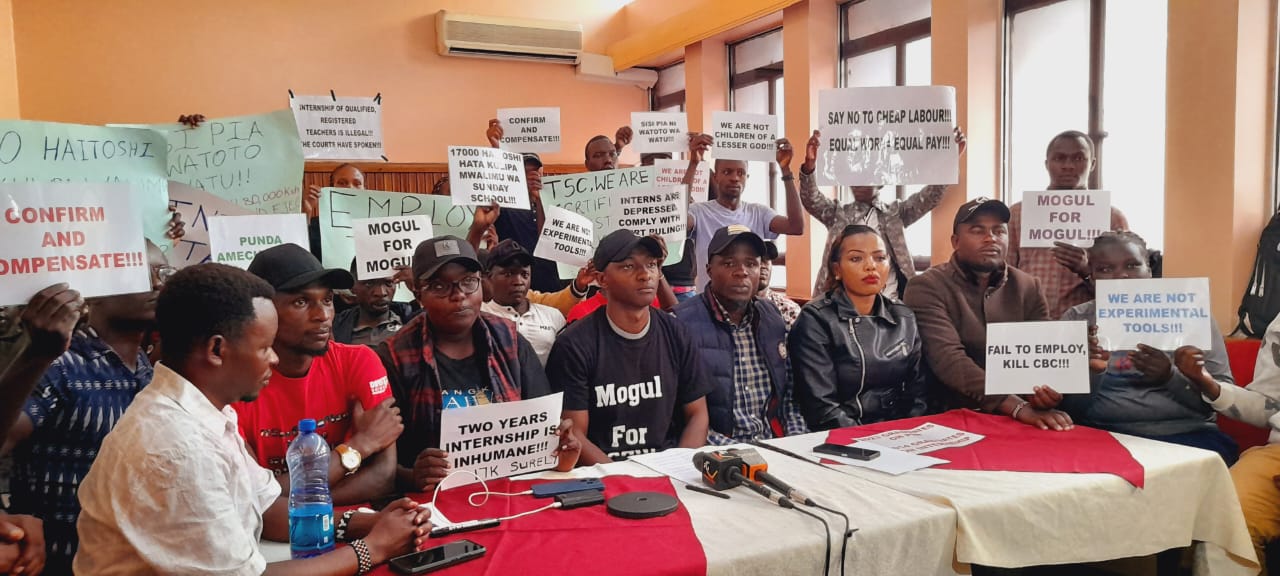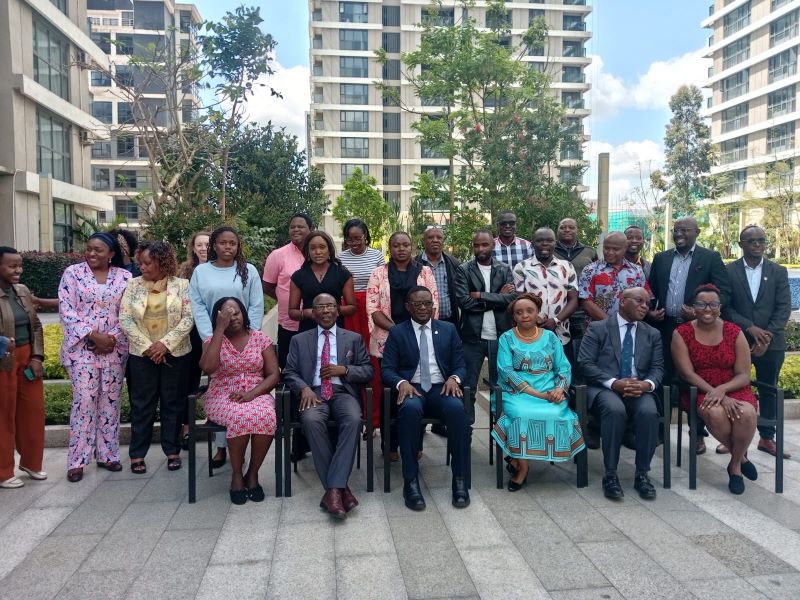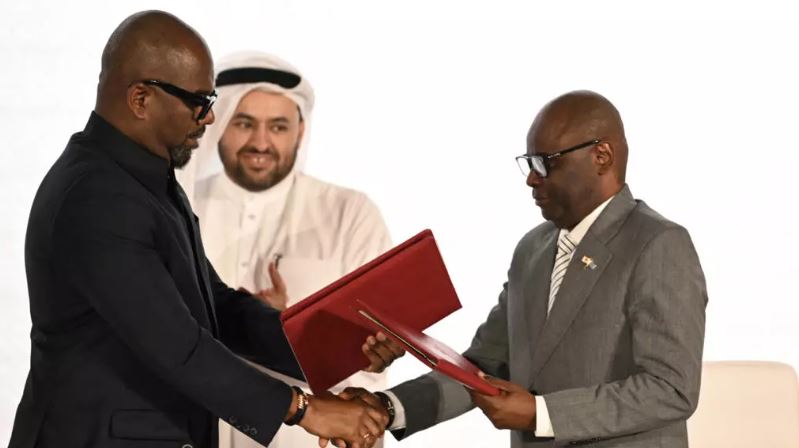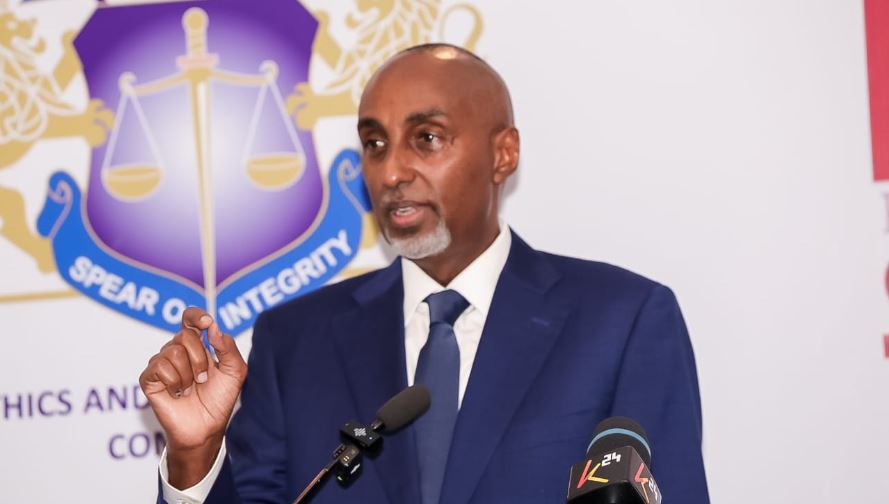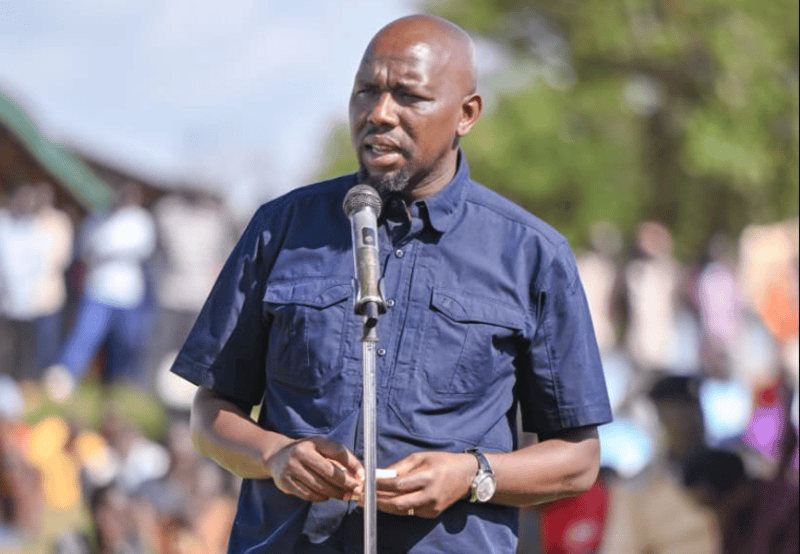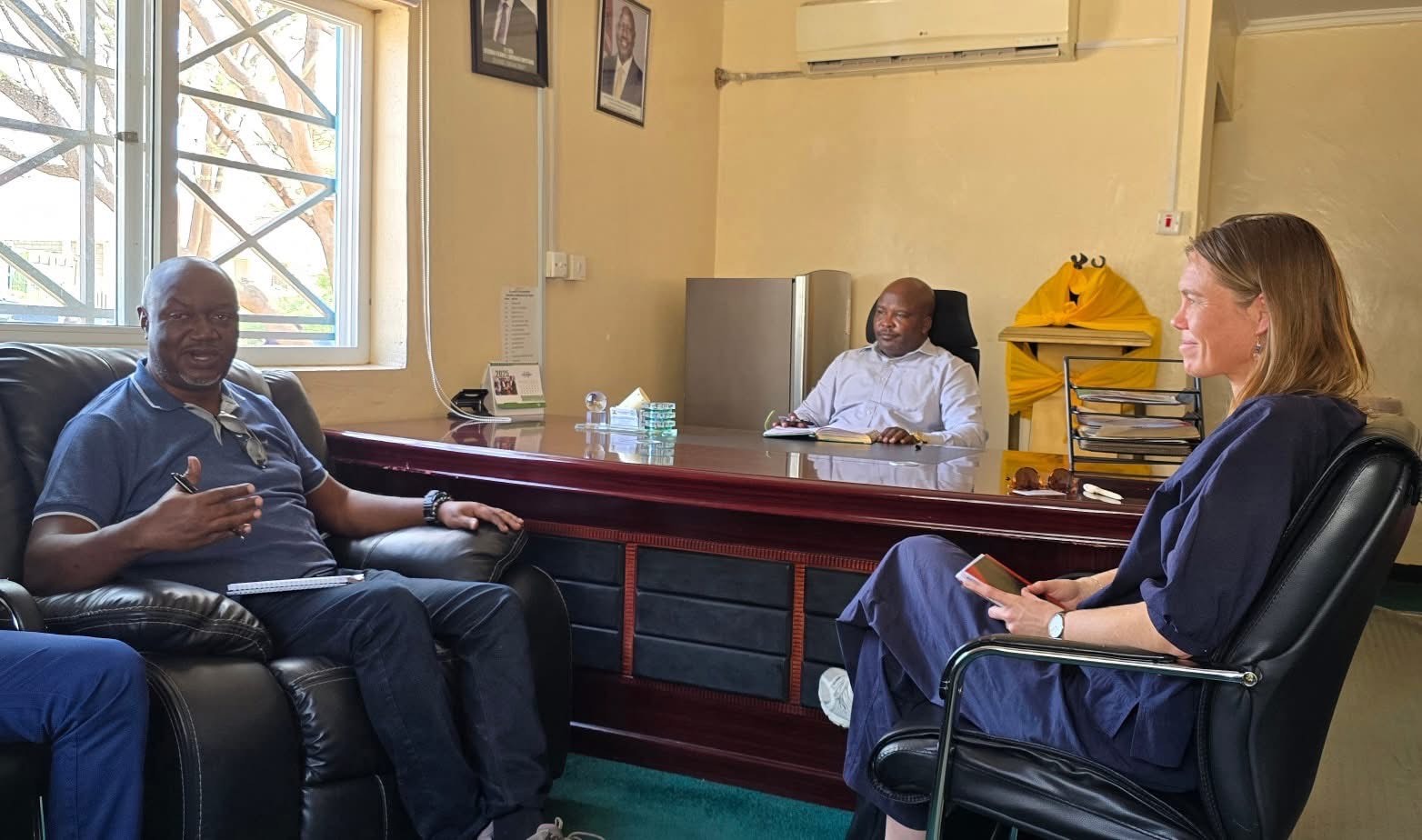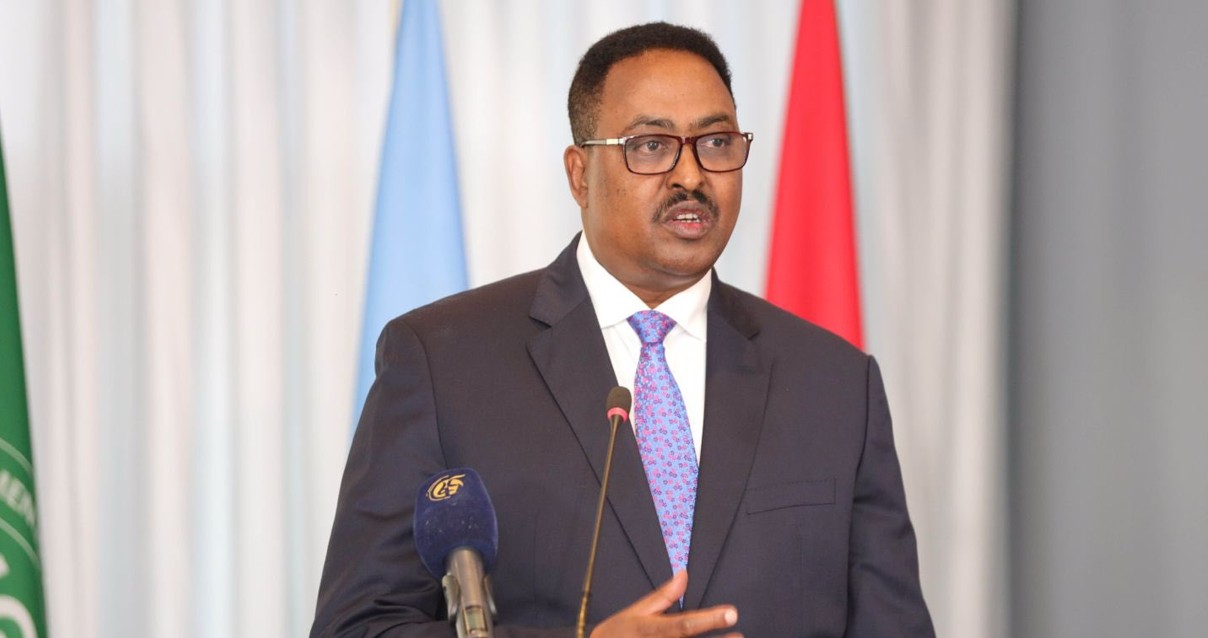From spirit to scripture: Why Rwanda says passion alone isn’t enough to preach
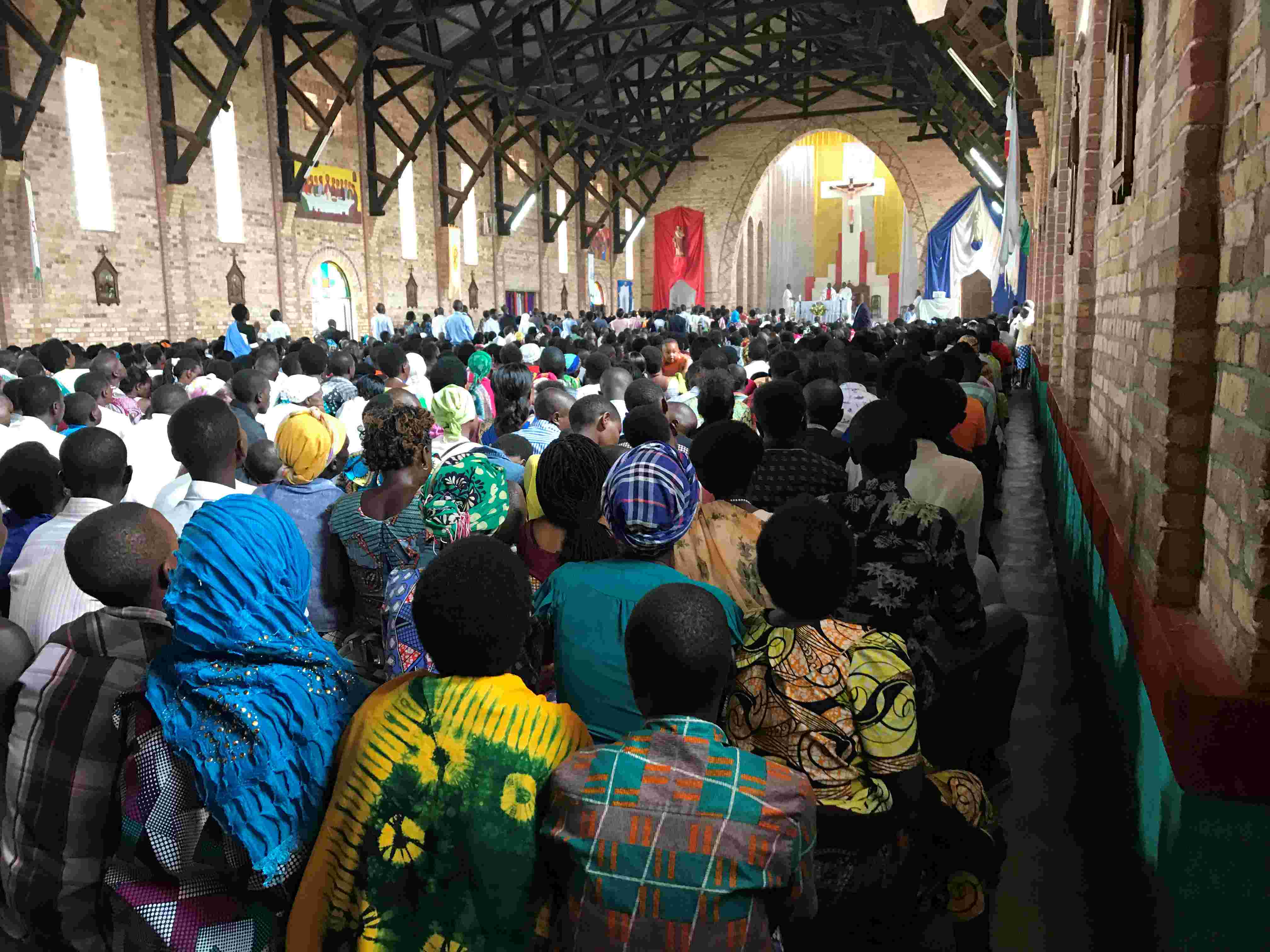
Rwandan regulations already determine that to start a church, a preacher must have at least a theology degree.
In most professions, acquiring the right skills through formal education is the threshold to practice. Yet in religious settings, some preachers claim divine calling as their sole qualification. Unlike secular fields where academic credentials and experience are necessary, many religious leaders bypass formal training entirely.
But if people ask critical questions and seek a deeper understanding of their preachers' capacity to lead the flock, a vital concern arises: is a sense of calling alone sufficient, or should theological education also be a requirement for pastors and preachers?
More To Read
- Rwanda lifts eight-year ban on South African agricultural products
- DRC and Rwanda draft agreement to boost trade and investment
- Kenya, Rwanda expand defence cooperation to include technology and innovation
- After controversial stints, Vincent Karega takes helm of Rwanda’s new embassy in Algeria
- Sudan’s major football clubs to join Rwanda Premier League due to ongoing conflict
- Rwanda, Senegal sign deals as Kagame praises their shared vision for Africa
Rwandan regulations already determine that to start a church, a preacher must have at least a theology degree. But why is that important?
Pastor Crispin Katibanda, a lecturer and chaplain at Africa College of Theology, emphasises the need for pastors to have a theological background.
"Scripture is technical," he explains. "You cannot simply read it and fully understand its meaning without the proper training. Theology gives pastors the skills to interpret and teach the Bible correctly."
He warns that a lack of formal theological education can hinder a preacher's ability to lead effectively.
“Without the technical know-how, preachers may misinterpret or miscommunicate Scripture. Theology equips them with the ability to approach the Bible correctly and share its message clearly.”
Katibanda also noted that many church movements and revival ministries that began without theological grounding have failed or worse.
“Some turned into cults or taught false doctrines. They were led by emotion, not by biblical truth. That’s why theology is vital; it provides a solid foundation.”
Balancing passion with proper interpretation
Nicole Iradukunda, a student of theology and leadership at Africa College of Theology, is pursuing her diploma to prepare for a career in ministry. She shared how studying theology has helped her interpret Scripture more accurately.
“I’ve learned to separate my personal feelings and opinions from the truth of the Bible,” she said. “We also study church leadership and history, which helps us become servant-hearted leaders.”
Iradukunda acknowledged that while the guidance of the Holy Spirit is essential, relying solely on personal inspiration can be "dangerous."
“Many people say, ‘I feel’ or ‘I think’ and say the Holy Spirit taught them something, but the Spirit confirms what is already in Scripture. That’s why sound doctrine and formal training are necessary.”
She stressed that passion for ministry is not enough. “We need to be equipped with knowledge and biblical truth to lead others responsibly.”
One Bible, many interpretations
Pastor Abidan Ruhongeka, Dean of Theology at Adventist University of Central Africa, addressed the growing number of churches with differing teachings.
“The problem isn't that the Bible has multiple meanings, but that people interpret it differently, often without the proper context,” said Ruhongeka.
“When you understand the language, history, and background of the scripture and combine that with the guidance of the Holy Spirit, you discover its true message.”
The preacher compared knowledge to farming: “If you sit back while others are growing vegetables, you can’t expect to harvest just by praying," he said.
"Learning is part of the work. Many people avoid theological education because they think they know enough, but true learning humbles you. It makes you realise how much more there is to understand.”
According to Pastor Ruhongeka, the Bible shows that God never sent people into ministry without preparing them first.
“Moses spent 40 years in Egypt learning leadership and another 40 years in the wilderness learning humility. Even then, he still felt unprepared.”
“Jesus also trained His disciples for three and a half years before sending them out. So how can anyone today believe they are ready to preach without similar preparation?”
Equipping leaders for challenges
Lawrence Ramasimong Motlalentoa, a theology student at the Adventist University of Central Africa, echoed similar sentiments. He highlighted the limitations of untrained leaders.
“Sometimes we think reading the Bible on our own is enough," said Motlalentoa, "but without training, we often misinterpret it.”
He noted that formal education “opens the mind” and helps people grow in their understanding of the Bible and leadership.
“Even church members tend to trust trained pastors more. They say, ‘The pastor has spoken,’ because they believe the pastor knows what he’s talking about.”
Motlalentoa also emphasised the importance of leadership training in ministry.
“Church leaders face many challenges inside the church and in the community. Good leadership helps us respond to issues with wisdom and biblical principles, not just personal opinions.”
The theology student pointed to biblical role models: “We have examples of great leaders in Scripture, people like Moses and Abraham who led according to God’s will. If we want to lead well today, we must follow their example and be properly equipped.”
Top Stories Today
Reader Comments
Trending


